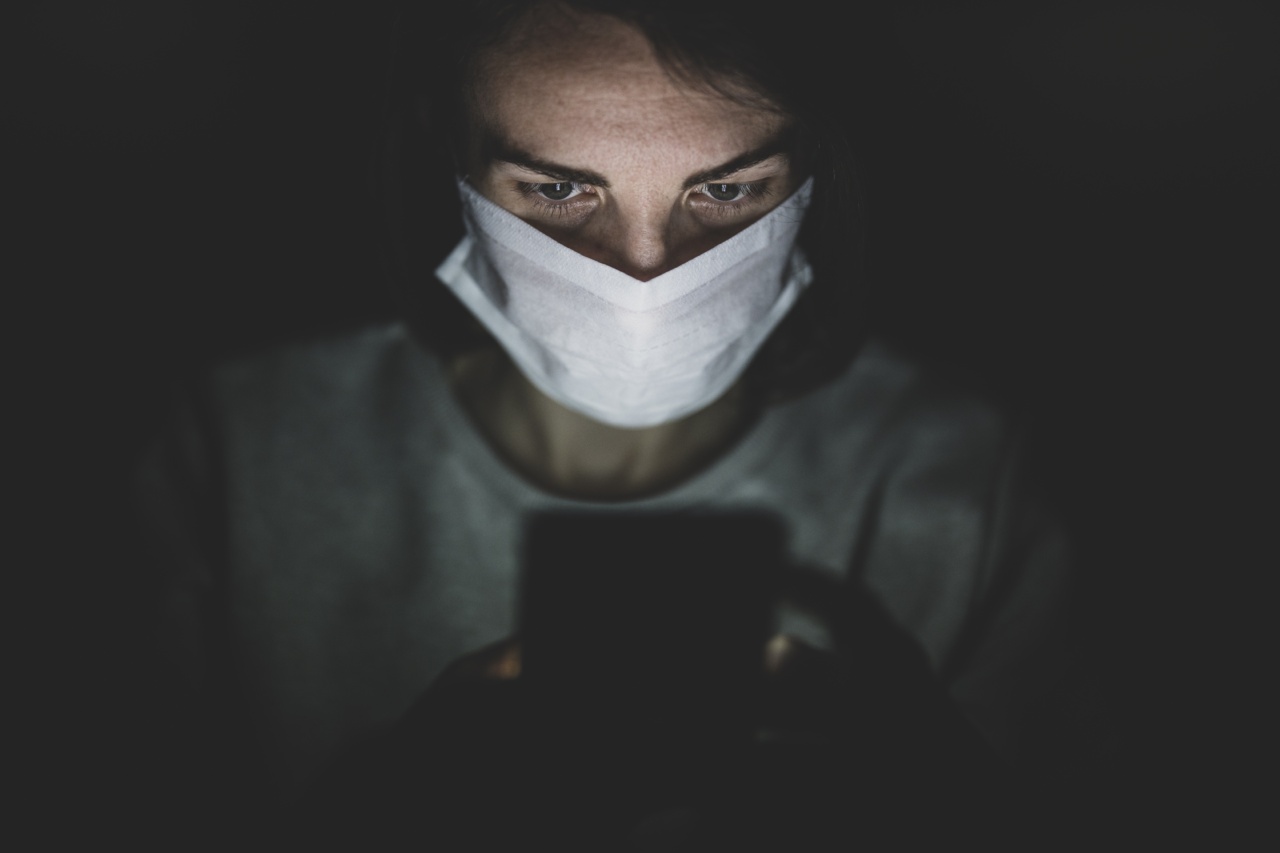When it comes to our mental health, many factors can contribute to the development of anxiety symptoms. One crucial element that often goes unnoticed is the role of hormonal changes.
Hormones are chemical messengers that regulate various bodily functions, including emotions and mood. Fluctuations in hormone levels can have a significant impact on anxiety symptoms and their severity.
Hormones and Anxiety: A Complex Relationship
Our bodies produce a wide range of hormones, each with its own distinct role. Hormones such as cortisol, adrenaline, estrogen, and progesterone play vital roles in our overall well-being and can influence our mental state.
When these hormones fluctuate, it can disrupt the delicate balance that keeps anxiety symptoms in check.
The Menstrual Cycle and Anxiety
For many women, the menstrual cycle can be a challenging time emotionally. As estrogen and progesterone levels rise and fall throughout the month, emotional changes can occur.
Fluctuations in these hormones may lead to increased susceptibility to anxiety symptoms, such as worry, irritability, and mood swings.
Pregnancy and Anxiety
Pregnancy is a unique time in a woman’s life when hormone levels undergo significant changes. The drastic increase in hormones during pregnancy, particularly estrogen and progesterone, can have a substantial impact on mental health.
Some women may experience an increase in anxiety symptoms during pregnancy, which is commonly associated with hormonal fluctuations.
Postpartum Anxiety
After giving birth, many women experience a range of emotions, including anxiety. The sudden drop in hormone levels following delivery can contribute to postpartum anxiety.
The significant decrease in estrogen and progesterone levels, along with sleep deprivation and the stress of caring for a newborn, can intensify anxiety symptoms.
Menopause and Anxiety
Menopause marks the end of a woman’s reproductive years and is characterized by a significant decline in estrogen and progesterone levels.
Fluctuating hormone levels during perimenopause (the transition phase leading up to menopause) can trigger anxiety symptoms. Hot flashes, night sweats, and other physical discomforts related to menopause can further exacerbate anxiety in women.
Adrenaline and Anxiety
Adrenaline, also known as epinephrine, is a hormone produced by the adrenal glands in response to stress or danger. It is commonly referred to as the “fight or flight” hormone.
While adrenaline is essential for our survival, excessive or chronic production can lead to heightened anxiety. In individuals prone to anxiety disorders, even small increases in adrenaline levels can trigger intense anxiety symptoms.
The Role of Cortisol
Cortisol is another hormone that plays a crucial role in our body’s stress response. It is released in higher amounts during stressful situations to help regulate our physiological responses.
However, chronic stress can result in excessive cortisol production, which can contribute to anxiety symptoms. Elevated cortisol levels can disrupt the body’s natural balance and amplify feelings of fear and worry.
Puberty and Teenage Anxiety
The hormonal changes that occur during puberty can have a profound impact on a teenager’s mental health. Fluctuating hormones can contribute to mood swings, emotional instability, and an increased vulnerability to anxiety.
This period of hormonal imbalance, combined with the challenges of adolescence, can create a fertile ground for the development of anxiety disorders.
Hormonal Disorders and Anxiety
Certain hormonal disorders can affect mental health and increase the risk of anxiety disorders.
Conditions such as polycystic ovary syndrome (PCOS), thyroid disorders, and adrenal disorders can disrupt hormone levels, leading to imbalances that trigger or worsen anxiety symptoms. Treating the underlying hormonal condition is crucial in managing anxiety in these cases.
Treatment Approaches
When anxiety symptoms are influenced by hormonal changes, addressing the root cause becomes essential for effective treatment. Depending on the specific circumstances, treatment options may include:.
Therapy: Cognitive-behavioral therapy (CBT), talk therapy, or other forms of psychotherapy can help individuals with anxiety develop coping mechanisms and manage their symptoms.
Medication: In some cases, medication may be prescribed to help regulate hormone levels or alleviate anxiety symptoms. This could include hormonal therapies, antidepressants, or anti-anxiety medications.
Lifestyle Changes: Adopting a healthy lifestyle that includes regular exercise, stress management techniques, and sufficient sleep can have a positive impact on hormonal balance and anxiety symptoms.
Hormone Replacement Therapy: Hormone replacement therapy (HRT) may be considered for individuals experiencing significant hormonal imbalances due to menopause or other hormonal disorders.
Conclusion
Hormonal changes can exert a significant influence on anxiety symptoms, affecting individuals of all ages and genders. Understanding the relationship between hormones and anxiety is crucial for effective management and treatment.
Identifying and addressing the underlying hormonal imbalances can significantly alleviate anxiety symptoms, improving overall mental well-being.






























